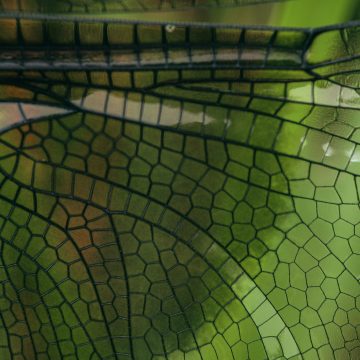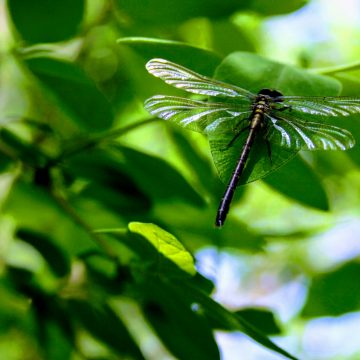Every business depends on biodiversity, and every business impacts biodiversity. The growth of the global economy has been at the cost of immense biodiversity loss, which now poses a critical and pervasive systemic risk to the economy, financial stability and human wellbeing. This is a central finding of a report published by the Intergovernmental Platform on Biodiversity and Ecosystem Services (IPBES).
Tag: biodiversity
New funds to unlock millions for frontline environmental action
A new package of $67m has been approved by the Global Environment Facility to help nations take frontline action on biodiversity loss, pollution and a rapidly warming planet. With UNDP’s support, the funding will be channelled to nine projects targeting some of the world’s most fragile ecosystems and climate-vulnerable communities in Africa, Asia-Pacific, Latin America and the Middle East and North Africa.
European Council urges accelerated transition by 2030
The European Council has approved conclusions on 'Europe's Environment 2030 – Building a more climate resilient and circular Europe'. The conclusions stress the urgent need to accelerate action to meet the EU’s long-term environmental and climate goals, particularly the six 2030 priority objectives of the 8th Environment Action Programme (EAP).
A new international standard to help organisations act on nature
Global biodiversity is declining at unprecedented rates. ISO 17298 provides a practical framework to help organisations of all types and sizes understand how they depend on and impact nature – and take concrete action to address it. Developed by ISO’s expert committee on biodiversity (ISO/TC 331), this is the first International Standard that guides organisations in embedding biodiversity into their core strategies, operations and decision-making processes.
António Guterres welcomes the BBNJ Agreement
As the Agreement on Marine Biological Diversity of Areas beyond National Jurisdiction – the BBNJ Agreement – reached the required threshold of ratifications for entry into force, UN Secretary-General António Guterres welcomed this historic achievement for the ocean and for multilateralism.
PIK and BOKU: 60% of the world’s land area is in a precarious state
A study by the Potsdam Institute for Climate Impact Research (PIK) and BOKU University in Vienna maps the planetary boundary of “functional biosphere integrity” in spatial detail and over centuries. It finds that 60% of global land areas are now already outside the locally defined safe zone, and 38% are even in the high-risk zone. The study was published in the renowned journal ‘One Earth’.
$2.5m for blue carbon project in Sierra Leone
FSD Africa Investments (FSDAi) is investing $2.5m in West Africa Blue’s blue carbon project in Sierra Leone’s Sherbro River Estuary. FSDAi’s investment will contribute to the conservation and restoration of approximately 94,000 hectares of mangrove ecosystems across 11 chiefdoms.
Report maps biodiversity risk management by insurers
A report from the European Insurance and Occupational Pensions Authority (EIOPA) maps current practices and challenges in the identification, measurement and management of biodiversity risks by insurers and reinsurers as part of the existing Solvency II risk management framework.
A bug’s life – and death – tells our sad nature story
The jury is out on whether the old adage ‘you can manage what you can measure’ will come up trumps for Britain’s bug life; but a scheme for measuring the bug population is making citizen scientists of many people in the UK, and proving a valuable entry point for them to understand the catastrophic impact of nature loss.



